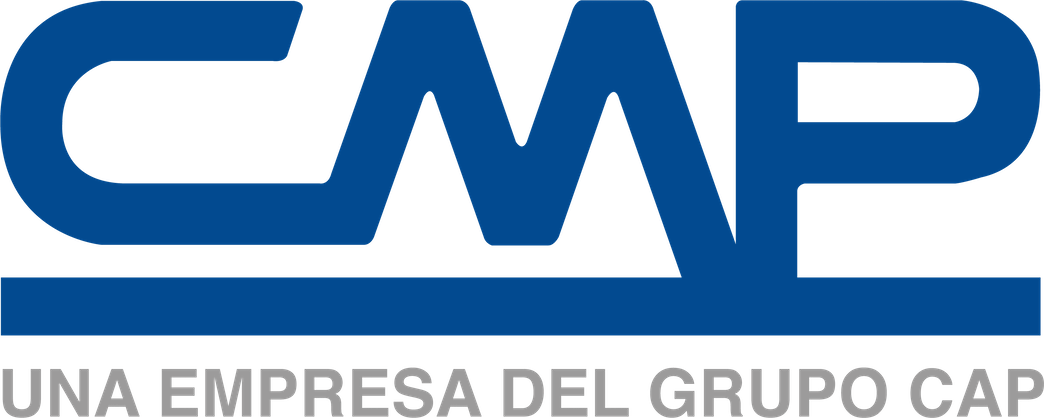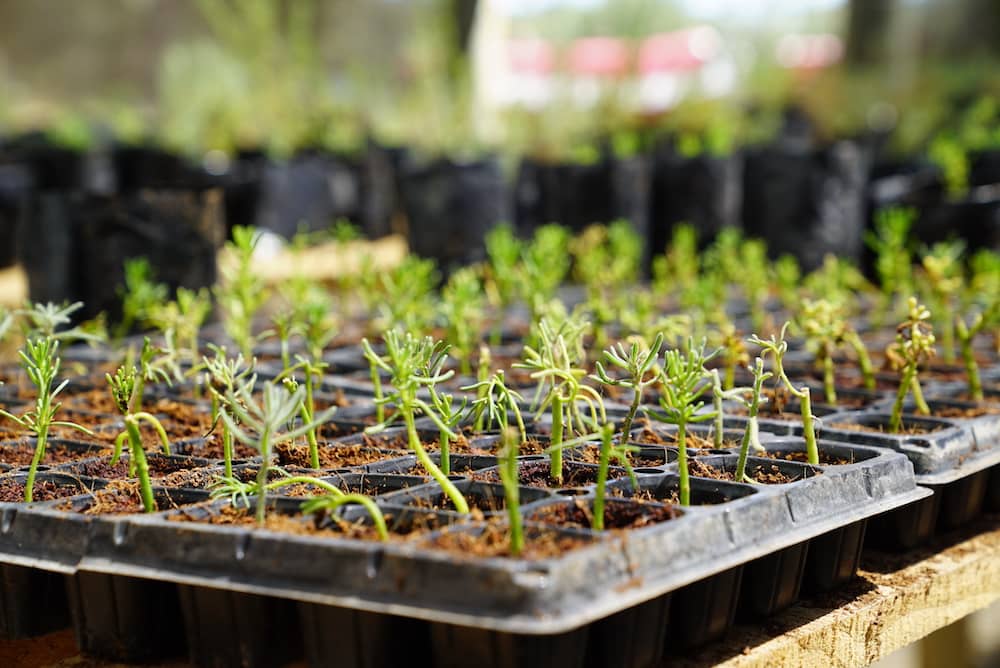In the search for a sustainable solution for the disposal of tailings from the Pellet Plant in Huasco, Compañía Minera del Pacífico (CMP) launched an ecological restoration project that will cover the material resulting from the production of iron from the site with species of flora native to the area.
This will be possible thanks to phytotechnology, a discipline that uses native vegetation to address environmental challenges and, in this case, to rehabilitate the ecosystem that will be intervened by the Filtered Tailings Repository (DRF) being built by CMP.
Tailings correspond to the pressed and filtered rock after the iron extraction process, in which no chemical or toxic elements are used. On the contrary, magnets and grinding are used, so the material is inert and can be covered with granular material and sand to allow the development of plant species in the DRF.
The project, a pioneer in Chile that will provide scientific knowledge in an area so far little explored, is being carried out by the School of Architecture of the Catholic University, the Faculty of Engineering of the Catholic University of Valparaiso and the Faculty of Chemistry and Biology of the University of Santiago de Chile.
As CMP's Environmental Projects Superintendent, Claudio Masson, explains, "the advantage of phytotechnology is that it solves an environmental challenge through vegetation, which is a long-term, less invasive, nature-based solution with greater benefits, since in the medium term (from the second year of operation) the site's ecosystem services will be reconstituted naturally and progressively.
Treating the tailings stockpile in this way, he says, "not only prevents wind erosion, but also restores the landscape so that, at the end of the operation stage, the deposit is integrated into the shape of the coastal slope".
Advances
To date, the project is in its second phase of work, following the completion of the initial stage in which the plant species to be used in the project were selected.
Currently, trials are being carried out in the laboratories of the Biology Department of the USACH in Santiago and in the CMP nursery in Huasco, where nine species have been successfully reproduced and maintained.
The third phase of the project will begin when the Filtered Tailings Repository starts operating, with a pilot program using the first tailings to be disposed of at the site. Finally, a fourth stage of the project will consist of writing a guide with the implemented methodology.
The fact of developing a solution based on science and innovation allowed InnovaChile-CORFO to fully certify the investment in this initiative, which contemplates more than $ 1.6 billion, under the Research and Development (R&D) Tax Incentive Law, being the largest project of its kind executed in Atacama to date and one of the largest in the country.
 Copiapó Valley
Copiapó Valley Cerro Negro Norte Mine
Cerro Negro Norte Mine Magnetite Plant
Magnetite Plant Puerto Punta Totoralillo
Puerto Punta Totoralillo Huasco Valley
Huasco Valley Los Colorados Mine
Los Colorados Mine Pellet Plant
Pellet Plant Puerto Guacolda II
Puerto Guacolda II Elqui Valley
Elqui Valley El Romeral Mines
El Romeral Mines Pleito Mine
Pleito Mine Puerto Guayacán
Puerto Guayacán
